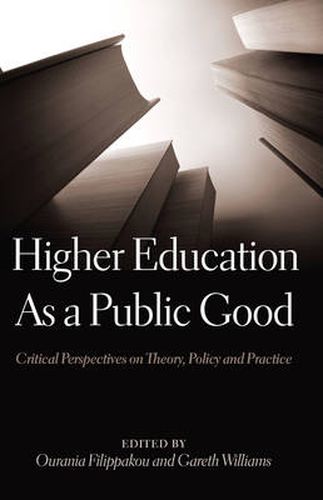Readings Newsletter
Become a Readings Member to make your shopping experience even easier.
Sign in or sign up for free!
You’re not far away from qualifying for FREE standard shipping within Australia
You’ve qualified for FREE standard shipping within Australia
The cart is loading…






Higher education is likely to involve the majority of people at some time in their lives in the twenty-first century. The main drivers of expansion in the previous century were a belief that widening access promotes social equity and the advance of knowledge as the main factor underpinning economic success for individuals and societies. However, universal higher education in rapidly changing economies raises many questions that have been inadequately treated by previous authors. This volume focuses on the question of whether it is appropriate and inevitable that higher education systems are becoming so large and so diverse that the only realistic way they can be analysed is as aggregates of market-like transactions. Most of the authors are not satisfied with this conclusion, but they recognise, from several disciplinary perspectives, that it is no longer possible to take it for granted that higher education is intrinsically a public good. Are there convincing alternatives?
$9.00 standard shipping within Australia
FREE standard shipping within Australia for orders over $100.00
Express & International shipping calculated at checkout
Higher education is likely to involve the majority of people at some time in their lives in the twenty-first century. The main drivers of expansion in the previous century were a belief that widening access promotes social equity and the advance of knowledge as the main factor underpinning economic success for individuals and societies. However, universal higher education in rapidly changing economies raises many questions that have been inadequately treated by previous authors. This volume focuses on the question of whether it is appropriate and inevitable that higher education systems are becoming so large and so diverse that the only realistic way they can be analysed is as aggregates of market-like transactions. Most of the authors are not satisfied with this conclusion, but they recognise, from several disciplinary perspectives, that it is no longer possible to take it for granted that higher education is intrinsically a public good. Are there convincing alternatives?